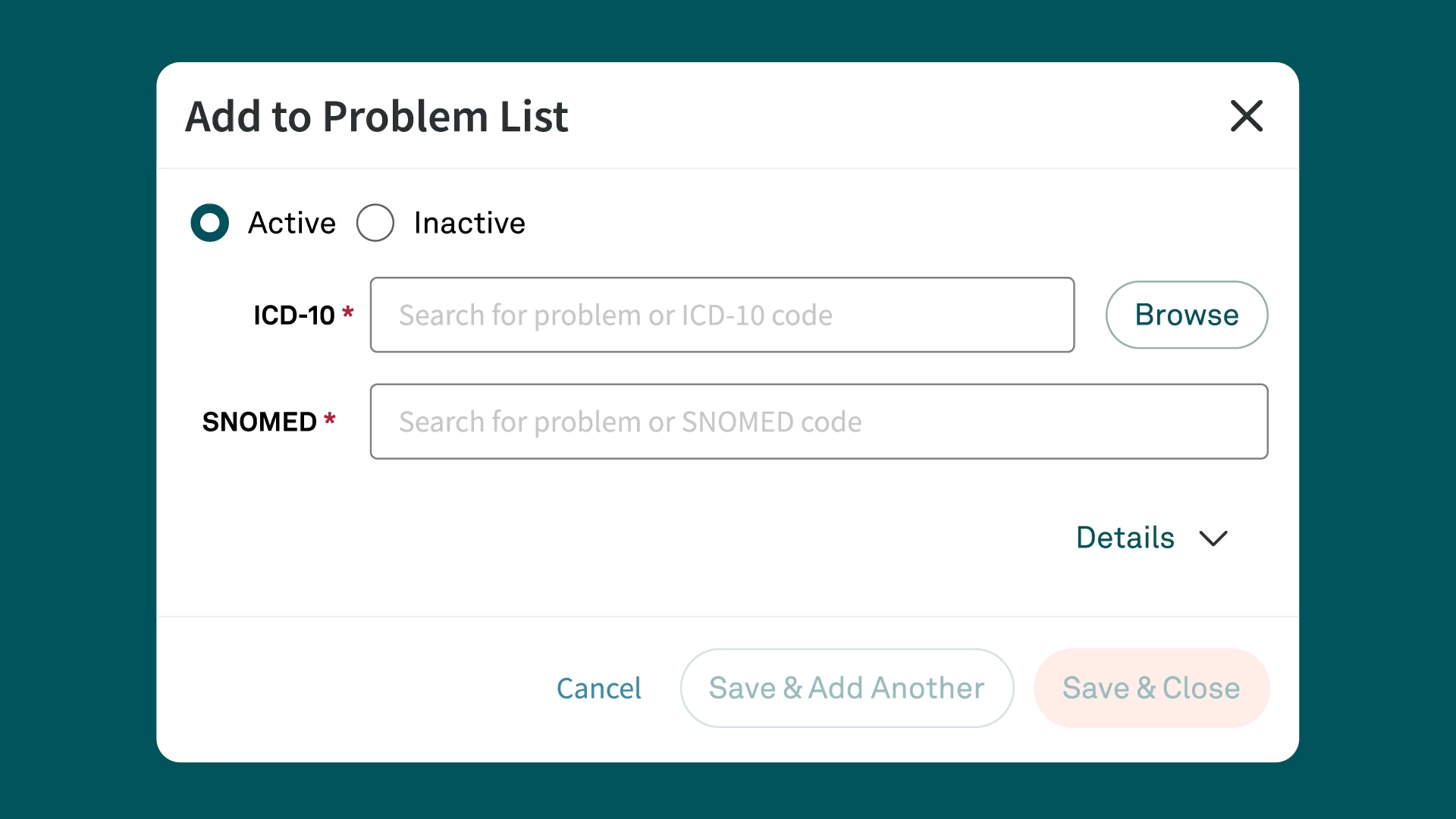ICD-10 Code Z12.11
Encounter for screening for malignant neoplasm of the colon
What is the code Z12.11?
Z12.11 is a billable/specific ICD-10-CM code used to indicate an "encounter for screening for malignant neoplasm of the colon." This code falls under the chapter on factors influencing health status and contact with health services (Z00–Z99), specifically category Z12, Encounter for screening for malignant neoplasms. It is used primarily for administrative and billing purposes to document a patient's visit for a screening colonoscopy intended to detect colon cancer early.
Detailed description of Z12.11
Z12.11 is employed when a patient undergoes a screening colonoscopy to check for signs of colon cancer when no symptoms or previous diagnosis of this cancer exist. The use of this code emphasizes preventive healthcare measures, facilitating early detection and management of potential malignancies in the colon.
Applicable situations for Z12.11
- Routine screening colonoscopy for individuals at average risk for colon cancer, typically starting at age 50.
- Screening tests for patients with a family history of colon cancer or other risk factors, potentially at a younger age.
Related and similar ICD-10-CM codes
- Z12.12 (Encounter for screening for malignant neoplasm of the rectum): Used specifically for rectal cancer screening.
- Z12.13 (Encounter for screening for malignant neoplasm of the small intestine): Focuses on cancer screening of the small intestine.
These codes allow healthcare providers to specify the type of cancer screening being performed.
Appropriate usage of Z12.11 for billing
Z12.11 should be used for billing purposes to document a screening procedure for colon cancer in a healthy individual who does not have any signs or symptoms of disease. This code justifies the medical necessity for the screening and is crucial for the reimbursement of services provided during such preventive health checks. Z12.11 is used in the absence of any signs or symptoms that would support a diagnostic colonoscopy. If the patient is symptomatic, those conditions should be reported instead. This also converts the colonoscopy from screening to diagnostic.
Instructional guidelines for providers coding Z12.11
To support the use of Z12.11, it is essential to accurately document the patient’s eligibility and the specific type of screening test performed, such as a colonoscopy. Documentation should clearly state that the encounter is for the purpose of cancer screening and not for the diagnosis or treatment of existing symptoms.
If the screening colonoscopy is being done due to a family history that puts the patient at risk, a code for the risk factor should be assigned as an additional diagnosis. For example: an asymptomatic patient undergoes a screening colonoscopy due to a family history of colon cancer. Assign code Z12.11 (Encounter for screening for malignant neoplasm of the colon) followed by Z80.0 (Family history of malignant neoplasm of digestive organs).
If the screening colonoscopy identifies a finding, a code for the finding should be assigned as an additional diagnosis. For example: An asymptomatic patient undergoes a screening colonoscopy during which a polyp is identified. Assign code Z12.11 (Encounter for screening for malignant neoplasm of the colon) followed by K63.5 (Polyp of colon)".
Common pitfalls in coding with Z12.11
- Using Z12.11 for diagnostic procedures performed to investigate symptoms or existing conditions rather than for routine screening.
- Failing to document the absence of symptoms and the preventive nature of the screening to support the use of this screening code.
Key resources for Z12.11 coding
- CMS ICD-10 Homepage: Offers detailed coding resources and updates.
- WHO ICD-10 Online Browser: Useful for checking definitions and related diagnostic criteria.
Conclusion
The ICD-10-CM code Z12.11 is used for documenting and billing routine screening encounters for colon cancer. Its correct application ensures that preventive health measures are adequately tracked and reimbursed, promoting early detection and potentially improving patient outcomes in populations at risk for colon cancer.
Simplify ICD-10 code documentation with Tebra
Tebra’s EHR+ gives you quick searches and Systematized Nomenclature of Medicine (SNOMED) field names for efficient code documentation. Plus, Tebra automatically saves ICD-10 to SNOMED mapping for future searches, streamlining your workflow.

Discover how Tebra helps providers effortlessly document health-related issues and conditions in this detailed post.
Download your free resource now
Access it instantly — just complete the form

Stay Ahead with Expert Healthcare & Billing Insights
Get the latest industry updates, financial tips, and expert strategies — delivered straight to your inbox.

